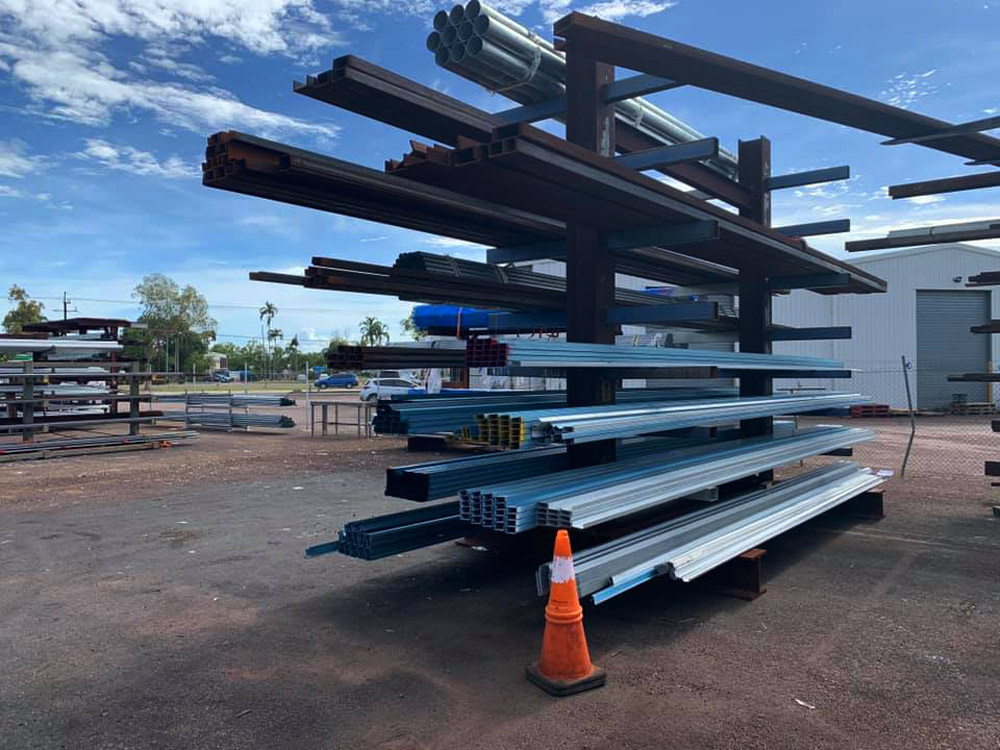return to Blog

Steel plays an important role in construction and manufacturing due to its strength, versatility and recallability. However, steel production is associated with high carbon emissions and significant energy consumption. As industries worldwide continue to shift towards sustainable practices, the steel sector is also transforming. This shift involves adopting eco-friendly practices and materials that reduce the environmental impact and enhance efficiency and sustainability. In this blog, we will explore five practices setting new standards for eco-friendliness in the steel industry.
One of the most impactful ways the steel industry addresses its carbon footprint is through developing and adopting energy-efficient production methods. Traditional blast furnaces, which are energy-intensive, are gradually replaced by electric arc furnaces (EAFs). EAFs are more energy-efficient and primarily use recycled steel scrap to produce new steel.
Moreover, companies are integrating advanced technologies such as continuous casting, which minimises the energy used in casting ingots and directly reduces iron technology, which uses natural gas instead of coal, thereby reducing carbon emissions. These advancements in production technology are crucial steps towards reducing the environmental impact of steel manufacturing.
The incorporation of alternative materials to replace high-carbon inputs is another sustainable practice that is gaining traction. One such material is biomass, a substitute for coal in the iron reduction process. Biomass, derived from plant materials, is carbon-neutral; it absorbs as much carbon during growth as it emits when burned.
The development of new alloys that require less energy-intensive processing and lower temperatures during production is rising. These materials help reduce the carbon emissions associated with steel production and enhance the overall lifecycle sustainability of the products made from such steel.
Steel is fundamentally a recyclable material, with the potential for multiple cycles of reuse without degradation in quality. The steel industry has long capitalised on this trait, but recent efforts have aimed to maximise scrap utilisation. Modern EAFs can produce steel with up to 100% recycled content, significantly reducing waste and the demand for raw materials.
Recycling reduces landfill waste and saves energy. It is estimated that using recycled steel could save about 75% of the energy needed to make steel from virgin materials. The push towards increasing the recycled content in new steel production is a clear win for sustainability.
Improving waste management processes in steel production facilities is another critical area for enhancing sustainability. This includes the recovery of by-products like slag, dust and gases, which can be used in other industries such as cement manufacturing or processed into chemical products.
Furthermore, steel plants are increasingly adopting energy management systems certified by international standards. These systems help plants monitor, analyse and optimise their energy use, significantly reducing waste and inefficiency.
Many companies are investing in renewable energy sources to combat the high energy demands of steel production. Solar, wind and hydroelectric power are common fixtures at steel manufacturing sites. For instance, some facilities have begun installing solar panels across vast areas of unused land on their premises or rooftops.
This helps companies reduce their dependence on fossil fuels and mitigate the environmental impact of their energy use. As renewable energy technologies become more cost-effective and efficient, their integration into steel production will likely become more prevalent.
The steel industry’s journey towards sustainability is important for meeting global environmental targets and supporting a greener economy. At Top End Steel Supplies, we understand the importance of sustainability in steel production. We are dedicated to offering products that align with these eco-friendly initiatives. We offer a comprehensive range of steel products that cater to various industries, including construction, fabrication and residential projects. As leading steel manufacturers, we ensure that our steel supplies near you and beyond are produced with the environment and your needs in mind. Contact us today if you’re looking for top-quality steel products for your next project.